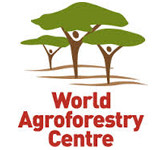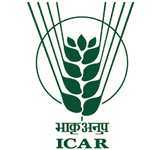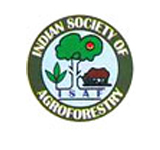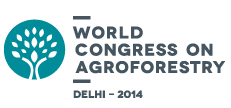
Vigyan Bhavan & Kempinski Ambience
10 - 14 February 2014
Delhi, India
blog
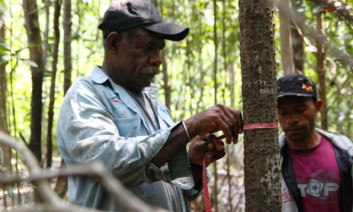
Farms, estates and other land uses produce food and other benefits but they can also produce greenhouse gases. To reduce these, Indonesia is working with the World Agroforestry Centre to implement land-use planning for low-emissions development strategies, say Sonya Dewi, Feri Johana, Andree Ekadinata and Putra Agung in a new policy brief
Agriculture and forestry generate food, building materials and economic returns, amongst other things of crucial importance to human wellbeing. However, they often also generate emissions of greenhouse gases and contribute significantly to global warming. Yet they have the potential to absorb carbon dioxide and mitigate climate change.
If not properly planned, trying to stop such emissions by halting deforestation or changing agricultural practices can restrict economic growth and threaten the security of food supplies.
We have found that a ‘landscape approach’—rather than one-off, site-specific interventions—can more effectively reduce emissions while maintaining development targets. This is because in any given area decisions about how land is used—and therefore what emissions are produced—are made by a complex web of people with differing motivations. We call this approach ‘Land-use planning for low-emission development strategies’ or LUWES.
Using this approach with local governments to plan how land is used is critically important because it is in local villages and farms that agriculture and forestry—and any associated emissions—take place. In complex landscapes that are home to diverse and perhaps conflicting groups, an inclusive, integrated and informed planning process is much more likely to reduce emissions than a ‘top–down’ approach.
Read full article here


